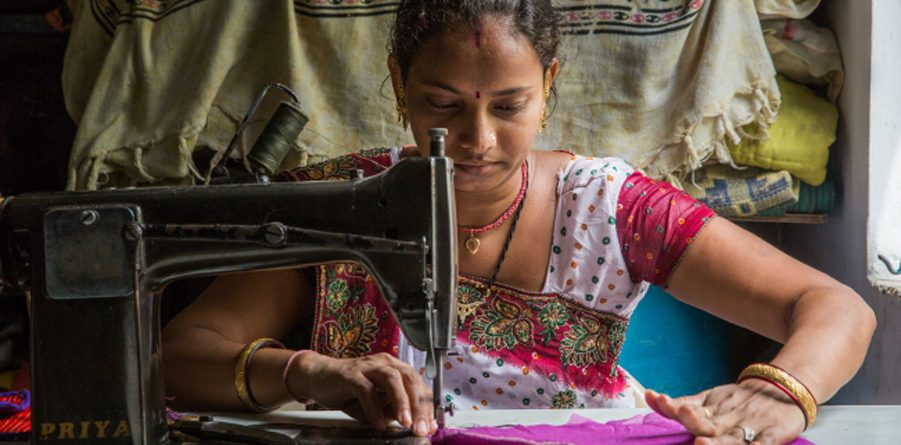A “New Deal” for Informal Workers in Asia
By Era Dabla-Norris, Changyong Rhee
Full or partial lockdowns to curb the spread of COVID-19 are having crippling effects on businesses and workers across Asia, as elsewhere. Among the most vulnerable of the workers are the ones working in part-time and temporary jobs without social insurance, and in sectors of the economy that are neither taxed, nor regulated by any form of government.
Known as informal workers, they are particularly vulnerable to dramatic collapses of income and loss of livelihoods.
Effective policy responses must reach informal workers and their families quickly to prevent them from falling (deeper) into poverty.
Informal workers account for a large share of the workforce in many countries in the region but typically have no access to sick leave or unemployment benefits. Their access to health benefits is often precarious. And, for many of them, savings are either nonexistent or extremely limited. Many workers, especially the self-employed and daily wage earners, live hand-to-mouth. If they cannot work for extended periods of time, their family’s income is at risk. Protecting their earnings—whether by increasing unemployment benefits, reducing income taxes, or extending paid sick leave—and reaching them through transfers, is nearly impossible.
Time is everything. Effective policy responses must reach informal workers and their families quickly to prevent them from falling (deeper) into poverty and to protect their livelihoods. Even with their budgetary and capacity limitations, countries in the region are implementing measures to help the most vulnerable. But given the size of the economic shock, much more is needed.
Source: IMF











